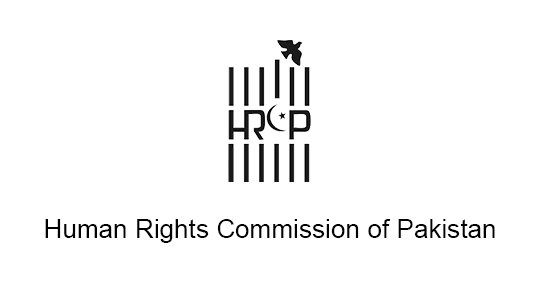ISLAMABAD: The Human Rights Commission of Pakistan (HRCP) has raised alarm over what it describes as systematic attempts to undermine its work, warning that the space for human rights advocacy in the country is under severe threat.
In a statement issued on Wednesday, HRCP said it has faced “arbitrary, illegal and unjustified actions” in recent months that have hampered its ability to function. The independent watchdog cited multiple incidents in which events were blocked or disrupted, staff harassed, and its operations targeted.
According to the HRCP, people claiming to represent the security apparatus have prevented its events from going ahead by telling venues or organizers that a no-objection certificate (NOC) was required for indoor meetings, a claim the HRCP says has no legal basis.
Two recent events were cited as examples: a high-level consultation in Islamabad on the human rights impact of militancy and terrorism, and a roundtable in Gilgit on local communities’ rights to natural resources. HRCP said both meetings had already secured participation commitments from legislators and relevant government departments.
The commission also reported what it called an unprecedented escalation in harassment, claiming that its members and staff had been intimidated nationwide. It said its chairperson was taken in for police questioning in Karachi — a first in the organization’s decades-long history.
Further incidents include an attempted sealing of its Lahore office last year, the removal of the office’s electricity meter, and a commercial bank refusing to release HRCP’s funds while citing a State Bank of Pakistan directive. HRCP said that the central bank had denied the existence of any such directive when asked by a court.
HRCP Chairperson Asad Iqbal Butt called on authorities to respect fundamental freedoms of association, assembly, and expression. He urged the government to ensure that human rights defenders can operate “without fear of reprisal or undue interference.”
“Civil society organizations such as HRCP are essential if Pakistan wishes to develop into a state that upholds the rights of all its citizens,” Butt said, adding that human rights work is critical to building a more tolerant and inclusive society.


Comments are closed.